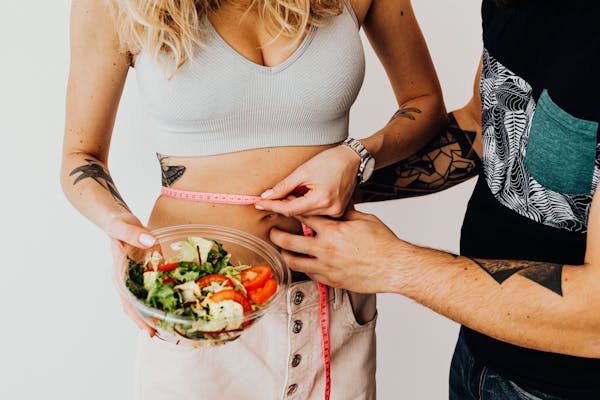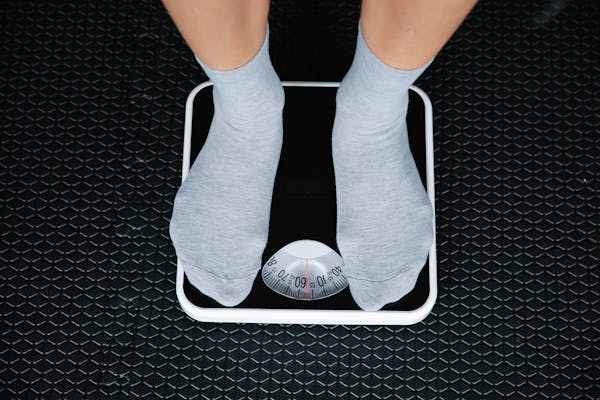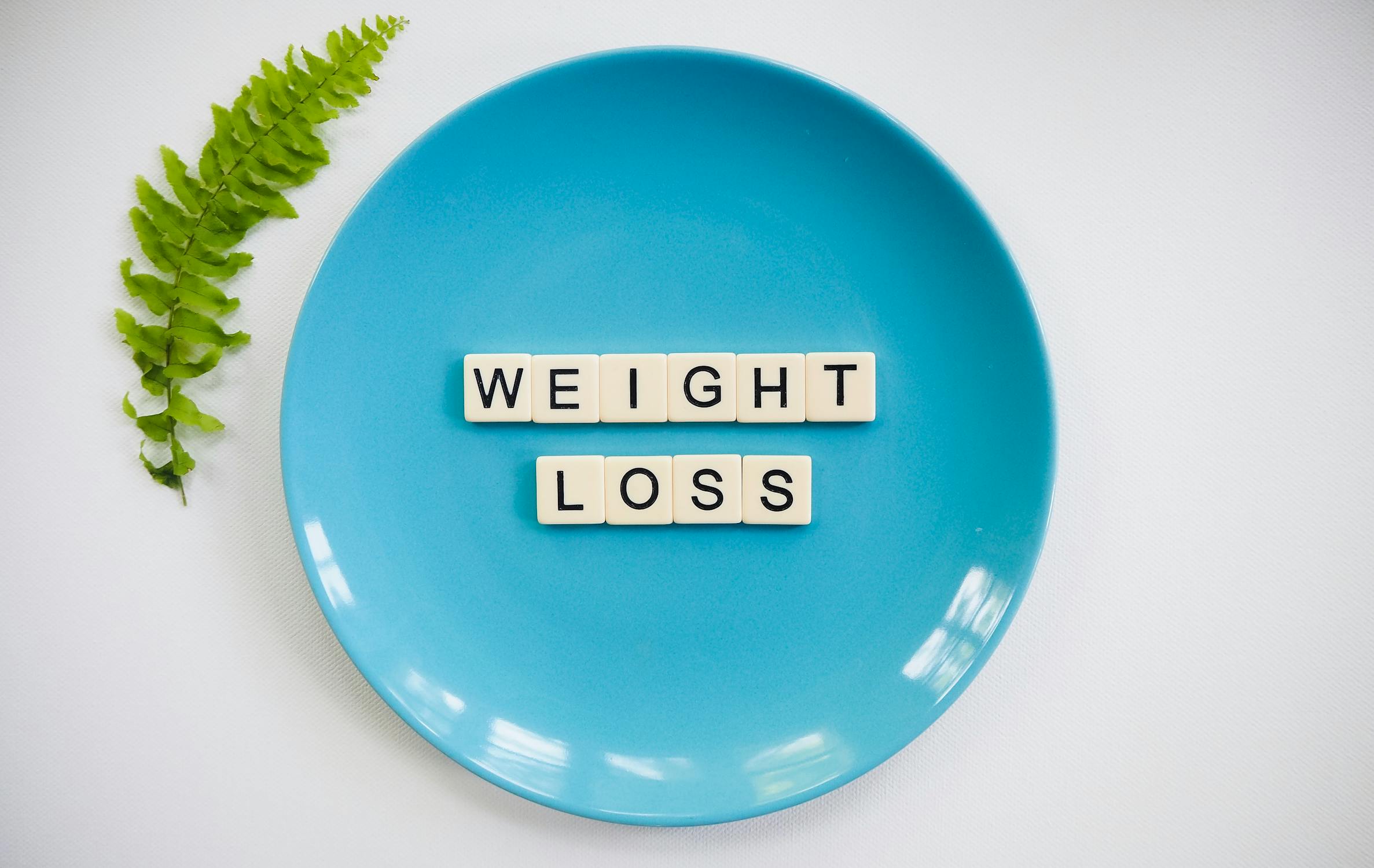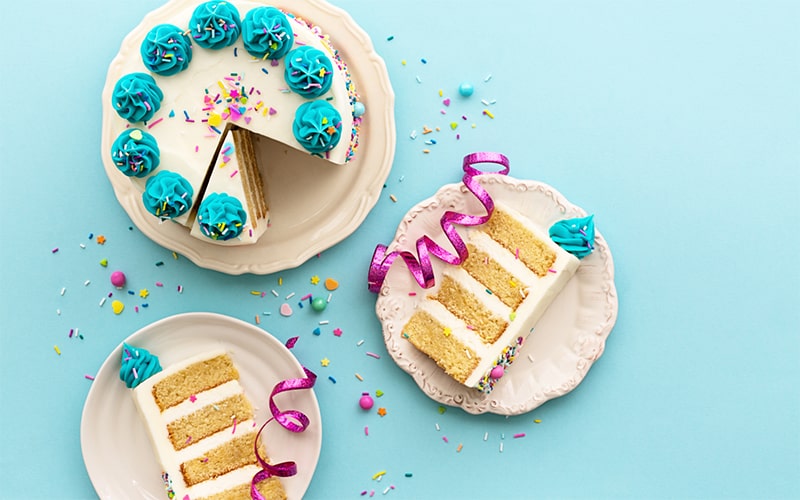[ad_1]
Eggs or yogurt, veggies or potato chips? We make choices about what to consume just about every working day, but people alternatives might not be entirely our individual. New College of Pittsburgh investigation on mice reveals for the to start with time that the microbes in animals’ guts affect what they pick to try to eat, earning substances that prompt cravings for distinct types of meals.
“We all have those people urges — like if you at any time you just experience like you will need to try to eat a salad or you definitely have to have to try to eat meat,” explained Kevin Kohl, an assistant professor in the Division of Biology in the Kenneth P. Dietrich College of Arts and Sciences. “Our get the job done exhibits that animals with distinctive compositions of gut microbes pick out distinct kinds of diet programs.”
Even with a long time of speculation by researchers about whether microbes could influence our desired diet plans, the idea has by no means been specifically examined in animals even larger than a fruit fly. To investigate the dilemma, Kohl and his postdoc Brian Trevelline (A&S ’08), now at Cornell University, gave 30 mice that lacked intestine microbes a cocktail of microorganisms from three species of wild rodents with really different natural weight loss plans.
The duo located that mice in each individual group chose food items rich in different vitamins and minerals, displaying that their microbiome altered their chosen diet. The researchers printed their function today in the journal Proceedings of the Countrywide Academy of Sciences.
Even though the concept of the microbiome influencing your habits may possibly seem much-fetched, it is no surprise for researchers. Your gut and your brain are in continuous dialogue, with particular kinds of molecules acting as go-betweens. These byproducts of digestion sign that you have eaten more than enough foodstuff or possibly that you want particular kinds of nutrition. But microbes in the gut can deliver some of individuals identical molecules, potentially hijacking that line of conversation and changing the that means of the concept to gain themselves.
Just one these types of messenger will be acquainted to everyone who’s had to choose a nap immediately after a turkey meal: tryptophan.
“Tryptophan is an necessary amino acid that’s popular in turkey but is also generated by gut microbes. When it can make its way to the mind, it is transformed into serotonin, which is a sign that is critical for sensation satiated soon after a food,” Trevelline explained. “Eventually that receives converted into melatonin, and then you come to feel sleepy.”
In their study, Trevelline and Kohl also showed that mice with distinctive microbiomes experienced distinct amounts of tryptophan in their blood, even prior to they had been specified the solution to pick unique eating plans — and individuals with extra of the molecule in their blood also had a lot more microbes that can create it in their gut.
It is a convincing smoking gun, but tryptophan is just one particular thread of a intricate world wide web of chemical interaction, according to Trevelline. “There are probably dozens of indicators that are influencing feeding habits on a working day-to-working day foundation. Tryptophan generated by microbes could just be a single factor of that,” he stated. It does, on the other hand, create a plausible way that microscopic organisms could alter what we want to try to eat — it’s a person of just a couple of arduous experiments to present such a hyperlink concerning the intestine and the brain even with a long time of theorizing by experts.
There is nonetheless additional science to do prior to you really should get started distrusting your food stuff cravings, however. Along with not obtaining a way to check the strategy in humans, the crew didn’t evaluate the importance of microbes in deciding diet compared to anything else.
“It could be that what you have eaten the day before is much more essential than just the microbes you have,” Kohl stated. “Humans have way a lot more going on that we overlook in our experiment. But it is an intriguing plan to feel about.”
And it is just just one habits that microbes could be tweaking devoid of our expertise. It’s a youthful field, Kohl points out, and there is continue to loads to master.
“I’m just consistently impressed at all of the roles we’re finding that microbes engage in in human and animal biology,” Kohl mentioned.
— Patrick Monahan
[ad_2]
Source hyperlink






